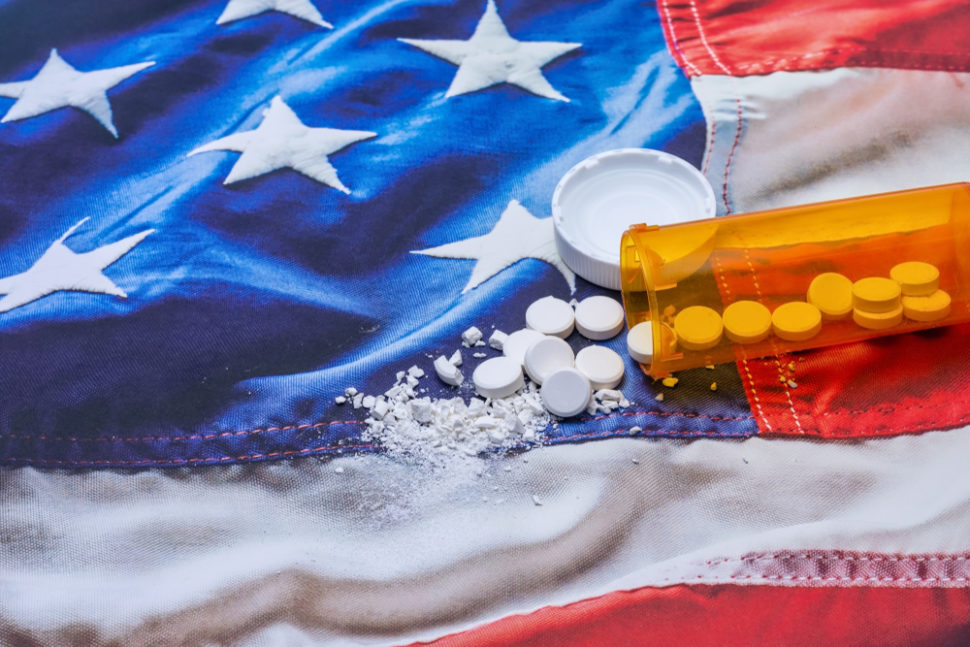A team of researchers at Brown’s University’s School of Public Health found a link between fatal opioid overdoses and cold weather.
According to a recent study, cold weathers are often followed by an increase in fatal opioid overdoses. The researchers noted a 25 percent increase during days with freezing temperatures, compared with an average temperature of 52 degrees.
Why does this happen, you wonder? Unfortunately, the team has not uncovered the reason for this pattern.
Be that as it may, the findings suggest some form of intervention during this cold period to reduce overdose risk.
It could take the form of checking on loved ones who have a history of using opioid. Also, the government could send out a weather-triggered public health message.
Associate professor of epidemiology at Brown University’s School of Public Health, and co-author of the study, Brandon Marshall said:
“Regardless of what is causing the correlation between cold weather and fatal overdoses, our findings suggest that agencies and organizations should consider scaling up harm-reduction efforts after a period of cold weather.”
The Link Between Freezing Temperature and Fatal Opioid Overdoses
For the study, the opioid researchers at Brown partnered up with the Rhode Island Department of Health (RIDOH). They also involved Brown experts, who study the impact of the environment on human health.
Together, the researchers examined over 3,000 cases of opioid-related deaths in Rhode Island and Connecticut from 2014 to 2017. They compared the average temperature on the day the users died – and days before the death – to the average temperature of three reference days on the same month.
The findings recorded a 25 percent increase in opioid overdose when the temperature was around 32 degrees on days before the death, compared with an average temperature of 52. While the researchers have not unearthed the reason for the opioid overdose, they had a couple of speculations.
According to William Goedel, a doctoral student at the School of Public Health, when opioid combines with exposure to cold weather, the biological effect could be disastrous.
Opioids reduce breathing. Even without the effect of the drugs, breathing in cold air can be challenging. Besides, some opioids affect body temperature by lowering the stage at which the body starts to shiver.
Goedel noted:
“Thirty-two degrees on just one day is cold, but to maintain an average of 32 degrees for three or four days means there was a long time where it was quite cold.”
Also, most of the fatal overdoses in the study occurred indoors. That means, providing a warm location for people to go during cold periods could reduce opioid overdose, says Marshall.
The researchers published their findings in the journal Epidemiology.






Comments (0)
Least Recent